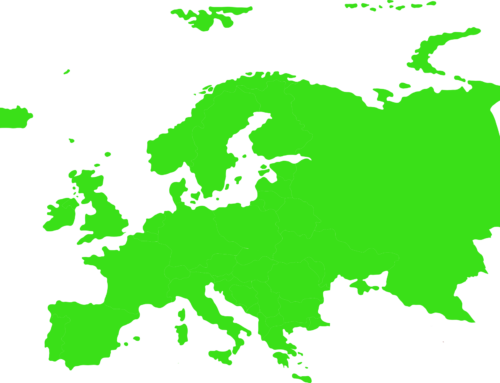In future, products should be designed in such a way that they are as easy as possible to repair, reuse and recycle. The new rules are set out in the Ecodesign for Sustainable Products Regulation (ESPR), which was agreed on December 5.
Focus on textiles
The aim of the regulation is a more efficient circular economy and greater sustainability. A great deal of attention is being paid to textile products. Until now, new goods in the textile industry have been destroyed on a large scale when they can no longer be sold. The ESPR aims to counteract this. Among other things, a ban on the destruction of shoes and textiles has been imposed. There are only exceptions for small companies. However, the regulation will also have a major impact in the electronics and furniture sectors.
Digital product passport
A digital product passport is also to be introduced, which will contain information on the material composition, availability of spare parts and the recycled content of a product. This information will be easily accessible by simply scanning a data carrier.
The regulation is set to come into force in 2024, following a vote in the plenary of the EU Parliament and in the Council.
Source: DIHK






